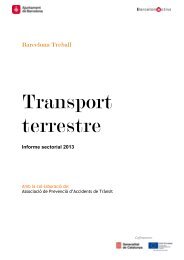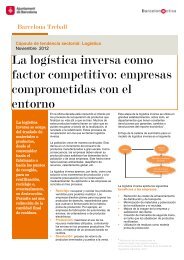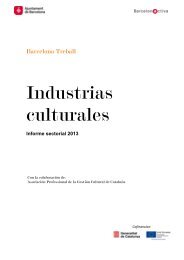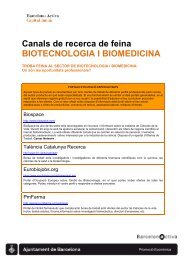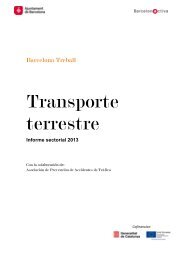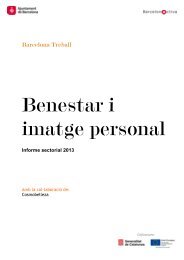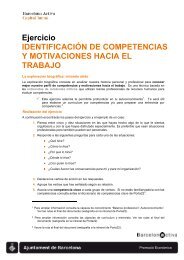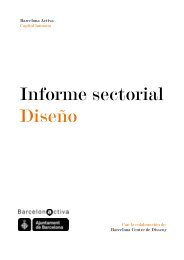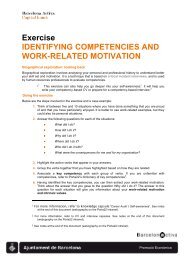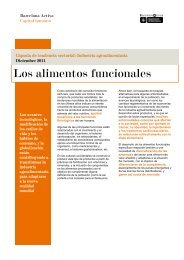Knowledge management
Knowledge management
Knowledge management
You also want an ePaper? Increase the reach of your titles
YUMPU automatically turns print PDFs into web optimized ePapers that Google loves.
Conclusions<br />
• Organisational competitiveness in the <strong>Knowledge</strong> Economy depends increasingly on the<br />
intelligent use of information and the competitive application of technology.<br />
• For knowledge <strong>management</strong> to be successful in organisations, the following are key: a clear and<br />
simple system to record information; a corporate philosophy that promotes ongoing learning as a<br />
central core value of the organisation; and professionals being able to see the competitive<br />
advantages of contributing and sharing information.<br />
• New technologies play a key role in simplifying processes of storing and disseminating<br />
knowledge.<br />
Key concepts<br />
<strong>Knowledge</strong> <strong>management</strong>: A process consisting of all the activities that enable an organisation’s<br />
knowledge, information, experience and expertise to be generated, searched, disseminated, shared,<br />
used and maintained for the purposes of increasing the organisation’s intellectual capital and<br />
increase its value. UNE Standard 166,000 “Managing R&D&I; Terminology”<br />
A set of procedures aimed at capturing, handling and transferring information generated in a<br />
company or organisation and the intellectual capital of its members in order to create an ongoing<br />
system of training and improvement that has a positive impact on the quality of products and<br />
services offered.<br />
Systematic process of researching, identifying, selecting, structuring, storing, transferring and<br />
reusing an organisation’s tacit and explicit knowledge with the aim of converting it into an asset that<br />
generates value for the organisation.<br />
Intellectual capital: Set of personal, organisational, technological and relational competencies of an<br />
organisation upon which its competitive advantages depend.<br />
Set of intellectual skills and the tacit and explicit knowledge of the people that make up an<br />
organisation, and which can generate value for the organisation.<br />
Explicit knowledge: The information, data or experiences (the knowledge) that can be conveyed in<br />
formal language and in a systematic way.<br />
Implicit or tacit knowledge: Personal knowledge that is context dependent and is, therefore,<br />
difficult to communicate.<br />
Bibliography<br />
Year 2010 /Page 3




